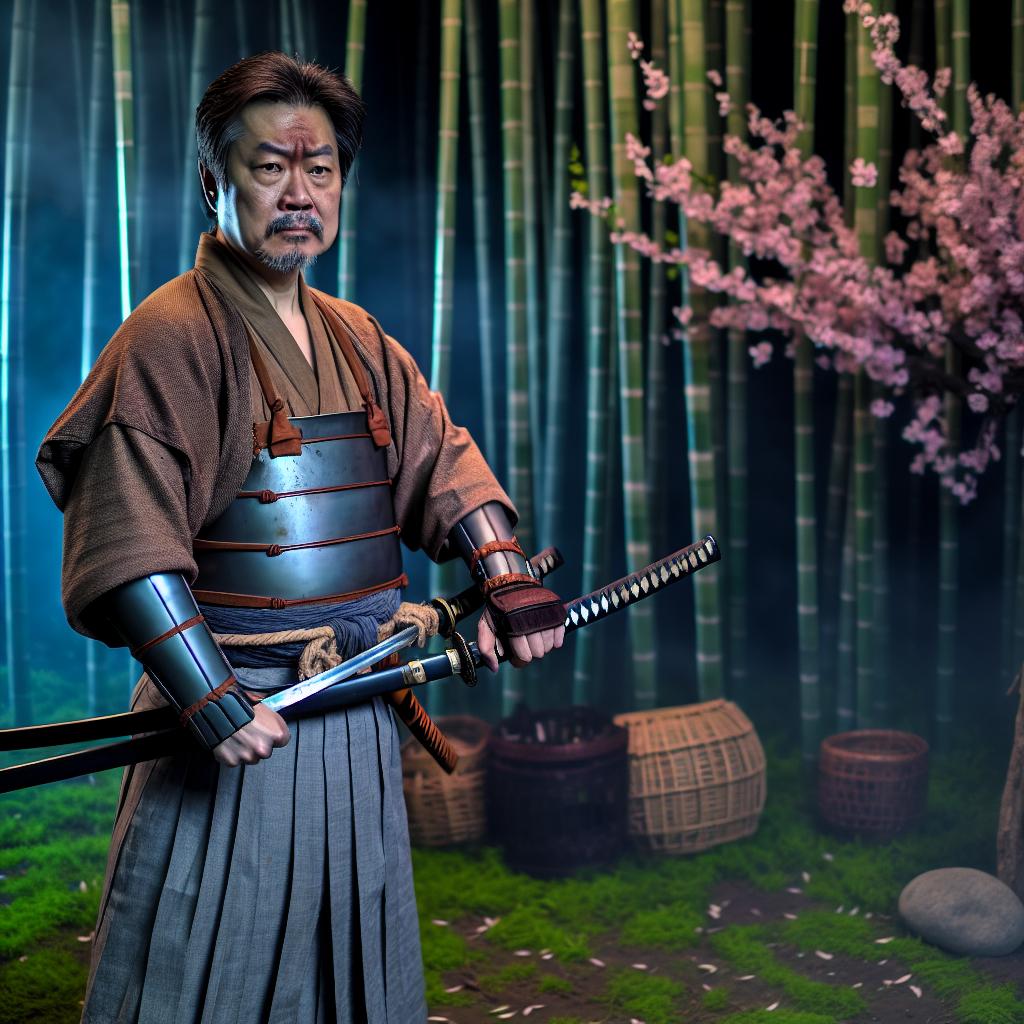Understanding Ronin: Definition and Meaning
In the context of Japanese history, a Ronin refers to a samurai who has lost their master or lord. The term is steeped in historical significance and reflects a distinctive social status that existed in feudal Japan. It is important to delve into the origins, societal roles, and perceptions related to Ronin to gain a comprehensive understanding.
Historical Context
Ronin emerged during the feudal era in Japan, a time when the social hierarchy was strictly organized. During this period, samurais were bound by a code of loyalty and service to their daimyo, or feudal lords. However, there were instances when samurais became masterless, whether due to the death of the lord, the loss of favor, dismissal, or through the transition of power. These masterless samurais became known as Ronin.
Social and Economic Implications
The position of a Ronin was marked by significant social and economic challenges. Being a Ronin often implied a loss of income and status, as samurais were typically reliant on their lords for financial support. Without a master, Ronin had to seek other forms of employment, which could be difficult due to the stigma associated with their status. This in-between status made Ronin a distinct group within Japanese society.
The Plight of Masterlessness
Masterlessness was not just a change in employment status; it was an upheaval that brought with it questions of identity and purpose. In a society where one’s social standing was closely tied to duty and service, the loss of a master meant that a Ronin’s role was often questioned. They were seen as drifters, straddling the line between respectability and disgrace. The precarious nature of their existence required them to be resourceful and adaptable, trying their hand at various professions or sometimes hiring themselves out as mercenaries. Nonetheless, the Ronin had to navigate a society that often saw them as failures or as dangerous elements—unpredictable without the anchor of a master to ensure their loyalty and behavior.
Cultural Representation
Over the years, Ronin have been a popular subject in literature and film, often embodying themes of honor, revenge, and perseverance. They are sometimes depicted as noble rebels, highlighting their struggle against the rigid structures of society. Works such as The Tale of the 47 Ronin illustrate their historical and cultural standing, dramatizing their endeavors and conflicts. In these representations, the Ronin often serve as a symbol of resistance to unjust authority, highlighting their broader appeal as characters who challenge the status quo. They embody a dual narrative—of loss and disenfranchisement on one hand, and tenacity and reinvention on the other.
Ronin Beyond History
In modern times, the term has been adopted in various contexts beyond its historical origins. For instance, it is often used metaphorically to describe individuals who operate autonomously or are unattached to any specific organizational structure or employer. This usage reflects the ethos of independence and resilience associated with the Ronin of the past.
Modern Adaptations
The adaptability of the term Ronin in modern settings speaks volumes about its resonance. In a world where the gig economy is prevalent and traditional career paths are often disrupted, individuals who work as freelancers or consultants might be seen as contemporary Ronin. This transformation of the term illustrates its greater narrative of self-reliance. Even in corporate environments, a Ronin might describe someone unattached to any department, moving through projects with a level of independence that distinguishes them from regular employees. The metaphorical use of Ronin highlights a cultural romanticism with the idea of choosing one’s path independent of structure, referencing not just flexibility but a deeper philosophical alignment with ancient values of honor and integrity.
Ronin as a Reflection of Feudal Japan
Understanding the concept of a Ronin provides insight into the complexities of loyalty, independence, and societal norms in historical Japan. It also offers a lens through which modern interpretations and adaptations can be appreciated, allowing the legacy of the Ronin to persist in contemporary culture.
The Samurai Code and Honor
A samurai’s life was governed by Bushido, the code of honor and moral principles. This code emphasized virtues such as loyalty, discipline, and honor. The plight of the Ronin can thus be seen as a conflict between the expectations set by Bushido and their reality. The internal struggle of maintaining personal honor while lacking societal recognition was central to the life of a Ronin. Their journey is often portrayed as a quest to restore or redefine their honor—a theme that adds depth to their historical significance.
Societal Impact and View
The presence of Ronin also had societal implications. Feudal Japan relied heavily on structured class systems where each group had distinct roles and responsibilities. The existence of the Ronin challenged these systems, introducing unpredictability and potential unrest. This unpredictability often influenced literature and cultural expressions, wherein the Ronin were portrayed as symbols of both societal fear and fascination.
Through examining the historical Ronin, we gain insights into a past society grappling with the dynamics of power and loyalty, while today’s metaphorical use captures the timeless allure of freedom and autonomy. Ultimately, the concept of the Ronin continues to inspire and evoke reflection on the duality of servitude and independence in both historical and contemporary contexts.

